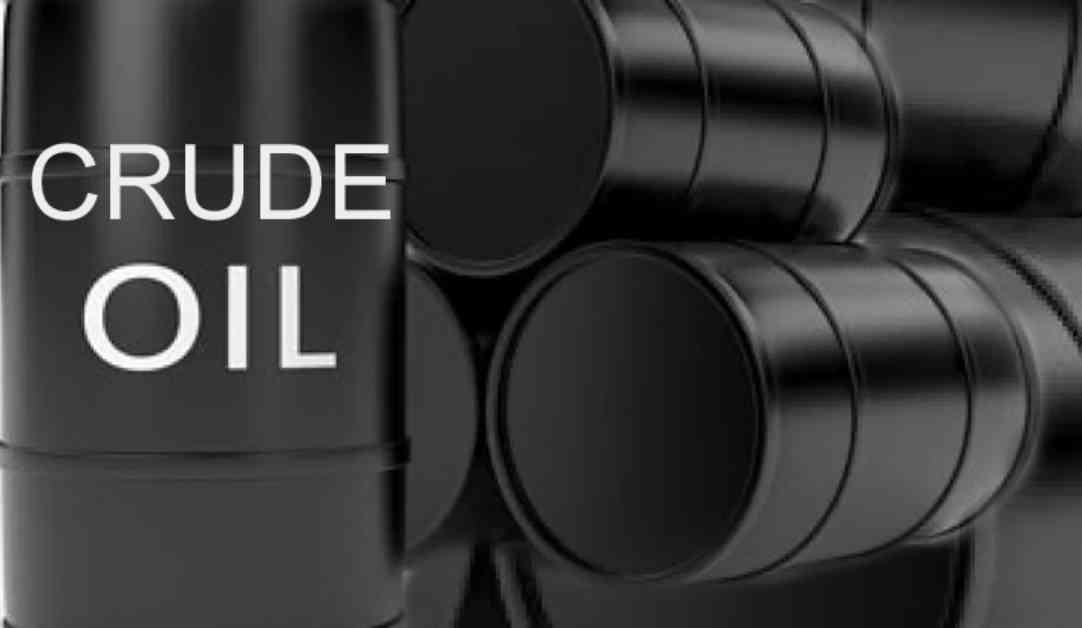In a recent development that has sparked nationwide interest, a series of seven vessels carrying imported Premium Motor Spirit, commonly known as petrol, are scheduled to dock at seaports bordering Nigeria between Monday, March 17, and Sunday, March 23. This move is expected to bring in a significant supply of fuel, with the vessels carrying a total of 115,000 metric tonnes, equivalent to 154.22 million liters of PMS, according to documents obtained from the Nigerian Port Authority.
This influx of petrol imports comes on the heels of a report by The PUNCH revealing a drop in the landing cost of imported PMS to N797 per litre. The timing is crucial as it coincides with the suspension of naira sales of petroleum products by Dangote Petroleum Refinery due to a stalled renegotiation of the naira-for-crude deal with the Nigerian National Petroleum Company Limited.
The decision to suspend the deal has raised concerns among domestic crude oil refiners, who argue that it is a strategic move to undermine the Dangote refinery and promote the importation of refined petroleum products. Eche Idoko, the National Publicity Secretary of the Crude Oil Refinery-owners Association of Nigeria, expressed disappointment over the suspension, stating that it hampers efforts to achieve energy security within the country.
Despite ongoing efforts to increase local refining capacity, the reliance on imported petroleum products persists. Recent data from the Nigerian Midstream and Downstream Petroleum Regulatory Authority revealed that the country’s operational refineries contribute less than 50 percent of the nation’s daily petrol consumption, leading to a significant shortfall that is filled by imported products.
Imported Products Distribution
Analysis of the NPA document indicates that the imported commodities will be received at three key seaports – Tincan port and Lekki Deep Seaport in Lagos, as well as the Calabar port in Cross River State. Notably, the Dangote refinery imported 654,766 metric tonnes of crude oil within the same period, underscoring the complex dynamics of the fuel market.
The arrival of the first shipment, carrying 20,000 metric tonnes of PMS to the West African Port Services, heralded the start of the influx, with subsequent vessels docking at Tincan and Calabar seaports on the same day. The sequence continued with the arrival of a Watson vessel carrying 20,000 metric tonnes at the Ecomarine terminal on Thursday, March 20, facilitated by a Kach maritime agent.
Future Shipments and Price Movements
Looking ahead, a Binta Saleh ship is expected to berth at the Tincan port in Lagos, carrying 5,000 metric tonnes of petrol on Friday, March 21, followed by another vessel with 15,000 metric tonnes of fuel arriving at the Calabar port on Saturday, March 22. The Eco marine terminal will also receive a vessel carrying 15,000 metric tonnes of fuel on Sunday, completing the seven-vessel operation bringing in a total of 115,000 metric tonnes.
With the conversion rate of 1,341 liters to one metric tonne, the total petrol supply from these vessels equates to approximately 154.22 million liters. Meanwhile, depot owners have adjusted their loading costs for petrol, with notable increases observed at Rainoil, MEN, Pinnacle, Aiteo, and Nipco depots.
In summary, the importation of petrol remains a critical aspect of Nigeria’s fuel supply chain, highlighting the ongoing challenges in achieving self-sufficiency in refining capacity. The interplay between imported products and local refining efforts underscores the complexities of the energy sector, where regulatory dynamics and market forces continue to shape the landscape.
As the nation navigates through these transitions, stakeholders in the oil and gas industry are closely monitoring these developments to adapt to changing market conditions and ensure a sustainable energy future for Nigeria.












